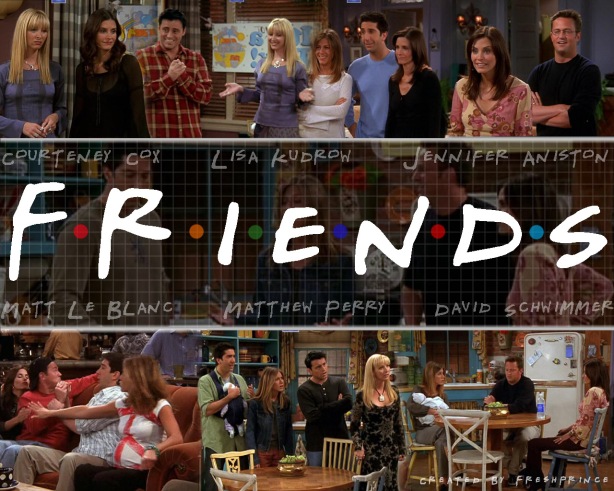It’s back to school/uni time again! Sorry for those who just let out a huge sigh. Thinking on the slightly brighter side, we get to see all those lovely friends! Or acquaintances. Personally, I’m not that upset (I decided using “quite happy” would be an overstatement) that uni has started yet again as I get to go back and actually socialise with my friends instead of lazying around at home (Yay for Admin Tee and my wellbeing!). Turns out, science presents some compelling evidence for the power of friendship too!

Did you know having friends and social connections helps you live longer? If you didn’t, now you do. If you did then.. good on you! Through meta-analysis of 148 studies including 300 000 people who were tracked for 7.5 years after completing surveys of their social connections, it was discovered that people with stronger social relationships had an increased likelihood of survival than those with weaker social relationships.
You know know whats quite impressive too? The impact of socialising on survival is comparable with quitting smoking! You see, the negative impacts of a poor social life were shown to be:
- Equivalent to smoking 15 cigarettes a day
- Equivalent to being an alcoholic
- More harmful than not exercising
- Twice as harmful as obesity
Other benefits socialising can provide you with is:
- Lower rates of heart disease
- Less infectious illness because of a stronger immune system
- Lower blood pressure
- Less abnormal inflammatory responses to stress
Now to the point of this post! Neuroscience (the study of the nervous system) has also shown that being socially connected maintains brain health! How does it impact your brain, you may ask? There are a few theories:
- Being socially connected to other people may reduce the harmful effects of stress.
- Friends may encourage healthy behaviours such as eating properly, taking medications, and practicing hygiene.
- Interacting with other people may contribute to ‘cognitive reserve’. Cognitive reserve is a bit of a vague term, but it means how resistant the mind is to damage or deterioration of the brain. Socialising involves many cognitive functions such as thinking, feeling, sensing, reasoning and intuition. Mentally stimulating activities build up a reserve of healthy brain cells and promote the formation of new synapses (connections between brain cells) which may even protect against dementia.
I am aware that for some of us it does take courage to get out there and brave rejection with a smile when feeling alone and isolated but keep in mind the benefits to not only your physical but mental wellbeing!

Measures of ‘social connection’ include whether someone is married or not, lives with other people, has less than monthly contact (including face-to-face, telephone, or written/e-mail contact) with children, or other family members, or friends, and if they participate in social clubs or residents’ groups, religious groups, or committees.
References :
- McKay, S. (2013). Having friends there for you is as healthy as giving up up smoking. Retrieved October 8, 2013, from http://yourbrainhealth.com.au/why-friends-are-as-good-for-your-health-as-giving-up-smoking/
- Sage Publications. (2008). Does Socializing Make Us Smarter?. Retrieved October 8, 2013, from http://www.sciencedaily.com/releases/2008/02/080215135707.htm
